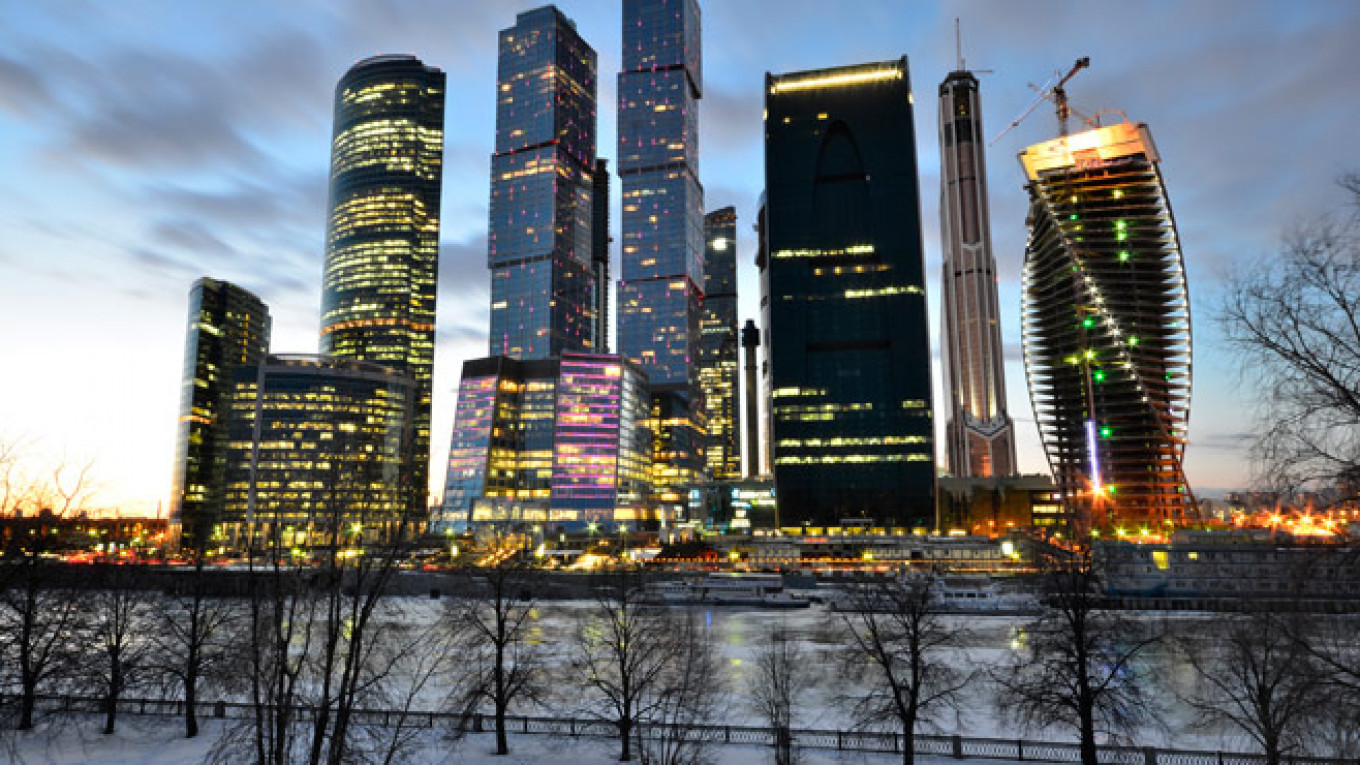Every Western expat seems to know someone who has left Russia.
An economic slump and increasing political and cultural isolation have transformed an expat community that during the 1990s and 2000s bustled with foreigners looking for opportunities.
The last two years have seen a mass exodus. The number of German citizens in Russia has more than halved, from almost 350,000 in January 2014 to 112,000 in early December. The number of U.S. citizens fell from 221,000 to 48,000 over the same period, and the British contingent tumbled from 179,000 to just 29,000, Federal Migration Service data show.
Faced with sanctions linked to Ukraine and a stalled economy, many Western companies have reduced their presence in the country and Russian companies have cut their foreign staff. For those who earn rubles, the value of their salaries has halved in dollar terms over the past 18 months.
Meanwhile, Russian sanctions on Western food imports have made many products expensive or hard to find — expats returning to Russia famously stuff their suitcases with cheese. One longtime expat said it reminded him of the "hunting and gathering" for good food during the chaotic 1990s.
More worrying than the economic troubles has been the change in the country's political narrative.
Since Russia annexed Crimea from Ukraine, the dominant narrative on Russian state television has been criticism of the West.
Expats said they tried to avoid political discussions with Russians because they often resulted in arguments.
For most expats, resurgent patriotism has not affected their daily lives. But for Russia's Turkish community it has taken a sharp turn for the worse since Turkey shot down a Russian bomber on the Syrian border.
Russian law enforcement began a crackdown on the 80,000-strong Turkish expat community, and within days the government adopted sanctions to curb Turkish business.
One senior executive at a Turkish company in Russia said customs officials had detained him and several fellow Turkish passengers at a Moscow airport in late November.
He said they were held "in a small place for 9 hours, no water, no food, nothing," and then sent back to Istanbul. His visa was canceled with no explanation, he said.
Turkey's experience has become a cautionary tale to other expat communities. "That's what we're all now terrified about," one American expat said.
Some Westerners working for non-governmental organizations have also been denied entry or deported over the past year, amid a crackdown on anything seen as foreign interference.
But though the outflow of Westerners has accelerated in recent months, the expat community has been shrinking for years, as the huge demand for Western expertise has faded, longtime expats said.
The result is a smaller, tighter core of Russophiles, said Harvey Nugent, a lawyer who left Russia earlier this year after nine years in the country for a job in Britain.
Those who remain are people with a real connection with Russia, he said. Moscow has also grown more livable in recent years, as post-Soviet dilapidation gives way to hipster hangouts, malls and cycle lanes. So despite the worries, the remaining expat community in Moscow "is a much happier bunch," Nugent said.
Contact the author at p.hobson@imedia.ru
A Message from The Moscow Times:
Dear readers,
We are facing unprecedented challenges. Russia's Prosecutor General's Office has designated The Moscow Times as an "undesirable" organization, criminalizing our work and putting our staff at risk of prosecution. This follows our earlier unjust labeling as a "foreign agent."
These actions are direct attempts to silence independent journalism in Russia. The authorities claim our work "discredits the decisions of the Russian leadership." We see things differently: we strive to provide accurate, unbiased reporting on Russia.
We, the journalists of The Moscow Times, refuse to be silenced. But to continue our work, we need your help.
Your support, no matter how small, makes a world of difference. If you can, please support us monthly starting from just $2. It's quick to set up, and every contribution makes a significant impact.
By supporting The Moscow Times, you're defending open, independent journalism in the face of repression. Thank you for standing with us.
Remind me later.


